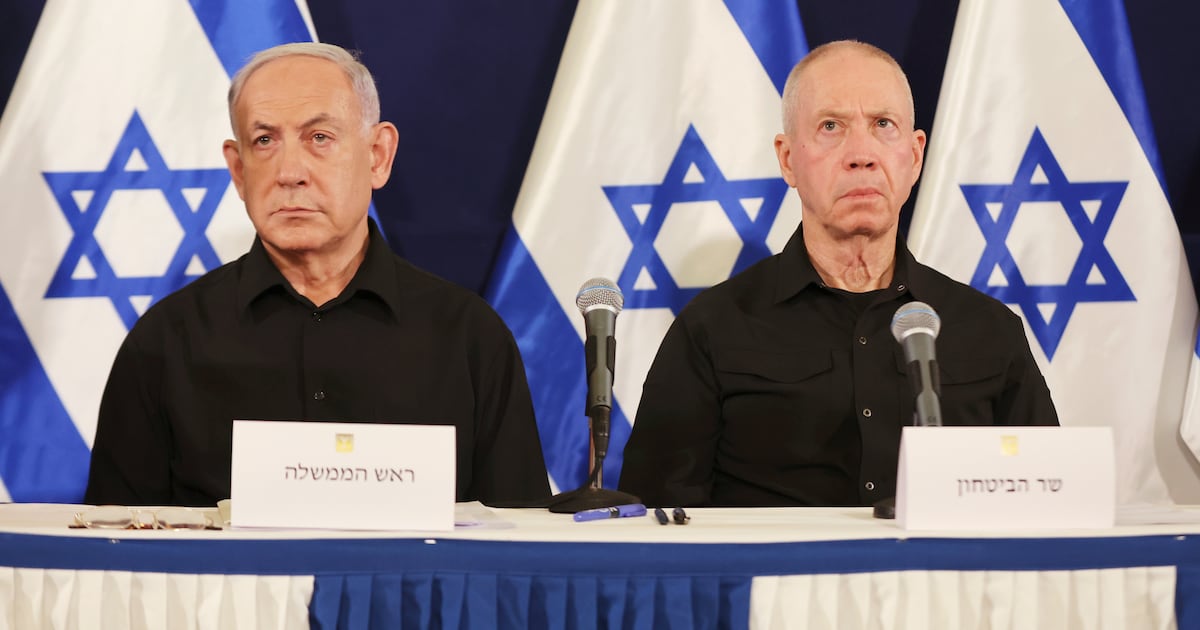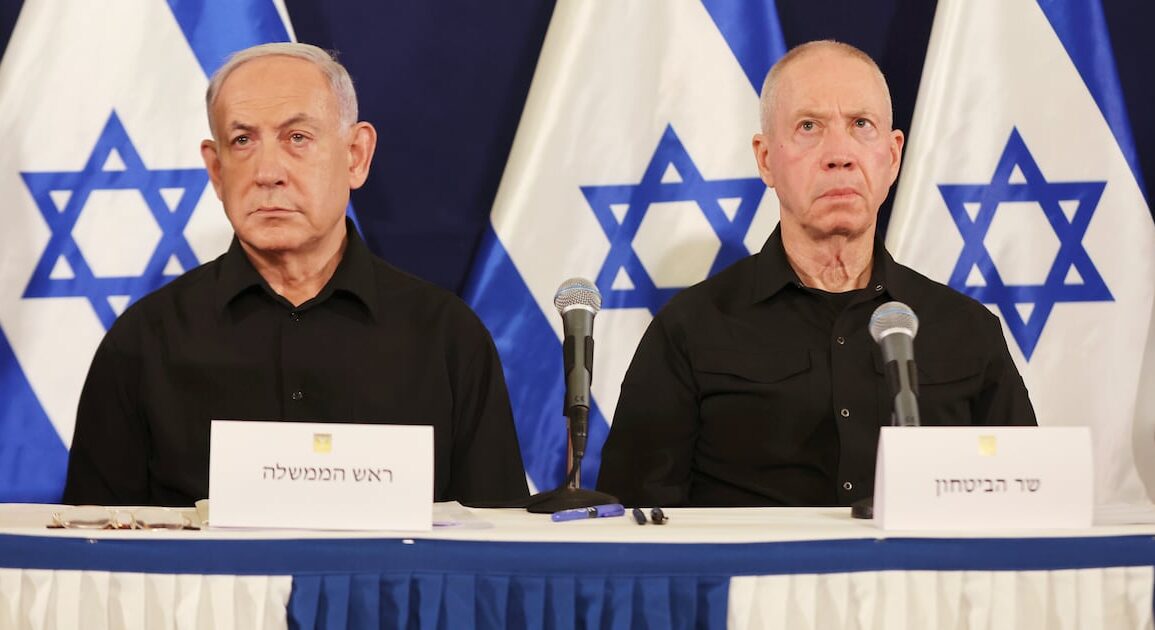
Israel has formally challenged the entitlement of the International Criminal Court (ICC) to issue an arrest warrant for prime minister Binyamin Netanyahu over the war in Gaza – just days before he is due to address the UN general assembly in New York on Friday.
In May, ICC prosecutor Karim Khan said he had asked the court’s judges for warrants against Mr Netanyahu and his defence minister, Yoav Gallant, as well as against three Hamas leaders, Yahya Sinwar, Ismail Haniyeh (since killed in Tehran), and Mohammed Diab Ibrahim al-Masri.
Mr Khan said at the time he had “reasonable grounds” to believe that the Hamas leaders bore criminal responsibility for war crimes and crimes against humanity allegedly committed during the October 7th Hamas attacks that left some 1,200 Israelis, mostly civilians, dead.
In relation to the alleged culpability of Mr Netanyahu and Mr Gallant, the prosecutor said at the time that by closing border crossings and restricting the transfer of food, water and medical supplies, Israel’s “siege” of the Gaza Strip could be seen as using starvation as “a tactic of war”.
According to the latest figures from Gaza’s Hamas-controlled health ministry, more than 41,000 Palestinians have so far been killed in the continuing post-October 7th violence.
There is no specified length of time within which the ICC judges must hand down their decisions in favour or against the issuing of the arrest warrants.
On September 9th, however, Mr Khan sent a six-page letter to the panel of three judges involved, reminding them of the passing of time and “respectfully requesting” them to decide on the applications “with the utmost urgency” in light of “the worsening situation in Palestine”.
Late on Friday, the Israeli foreign ministry in Jerusalem said it had lodged two separate petitions with the court in The Hague, both challenging the potential warrants against Netanyahu and Gallant.
The first petition challenges the legal authority of the ICC to issue the warrants on the grounds that Israel is not a signatory to the Rome Statute, which set up the court.
The second asserts that in line with the core ICC principle of “complementarity” – the idea that the court is intended to complement, not to replace, national criminal systems – Israel should itself have been asked to investigate the allegations against Mr Netanyahu and Mr Gallant.
According to its charter, the ICC only prosecutes cases where the states involved are unwilling or unable to do so “genuinely”.
It seems inevitable that the petitions will further delay the judges’ decisions.
Although Mr Netanyahu will be out of Israel for Friday’s UN address for only 72 hours, he is already being criticised for leaving the country in a time of war.
This post was originally published on this site be sure to check out more of their content.









